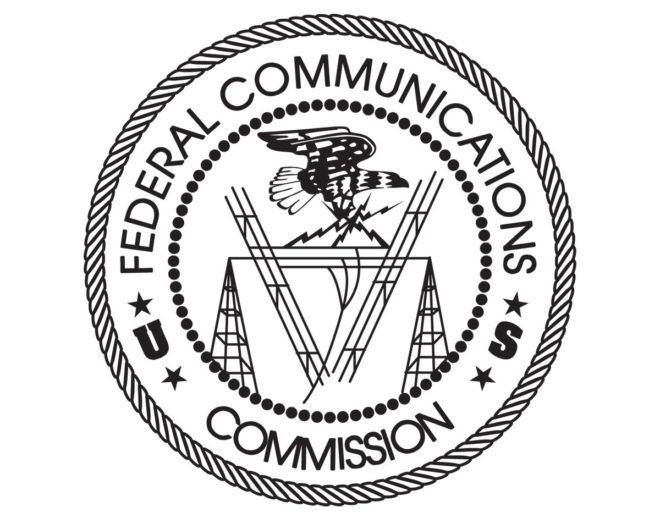FCC 5G mmWave auction results show T-Mobile spent $873 million on spectrum licenses

The FCC today published the results of its 5G mmWave spectrum auction, and the results are a bit different than what some had predicted.
Auction 103 saw the FCC offer a total of 3,400 megahertz of spectrum, which is the most spectrum ever offered in an auction. The airwaves up for auction were in the Upper 37GHz, 39GHz, and 47GHz bands.
T-Mobile spent a total of $872.8 million in the auction and won 2,384 spectrum licenses that cover 399 areas. Verizon, bidding as Straight Path Spectrum, was the big spender of the major US carriers, dropping $1.6 billion on 4,490 licenses in 411 areas.
AT&T wasn’t far behind Verizon. Bidding as FiberTower Spectrum Holdings, AT&T spent nearly $1.2 billion on 3,267 licenses in 411 areas. Sprint, bidding as ATI Sub, spent almost $114 million on 127 licenses in 38 areas.
Other notable bidders include Dish Network, operating as Window Wireless, who spent $202.5 million on 2,651 licenses in 416 areas. U.S. Cellular also participated in Auction 103, spending $146.3 million on 237 licenses in 70 areas.
In total, Auction 103 generated $7,558,703,201 in net bids. The FCC says that 28 bidders won 14,142 of the available 14,144 licenses, or more than 99.9% of the licenses available in the auction.
“A critical part of our 5G FAST plan is pushing more spectrum into the commercial marketplace,” said FCC Chairman Ajit Pai. “Last year, the FCC auctioned the 28 GHz and 24 GHz bands. All told, those two auctions and this one have made available almost five gigahertz of high-band spectrum for commercial use.”
“To put that in perspective, that is more spectrum than is currently used for terrestrial mobile broadband by all wireless service providers in the United States combined,” Pai added.
The FCC is planning two more spectrum auctions for this year. They include a 3.5GHz auction that’s slated to begin on June 25th and a C-band auction that’ll begin on December 8th.
These results are a bit different than what some analysts predicted, with those reports suggesting that T-Mobile could be the biggest spender by dropping nearly $2 billion while Verizon was expected to be one of the smallest participants in the auction.
While T-Mobile’s participation in Auction 103 definitely wasn’t small, both AT&T and Verizon spent quite a bit more. Verizon has committed to nearly doubling the number of cities where its mmWave-based 5G is currently available in 2020, with the current count sitting at 34 and the goal of being in 60 cities by the end of the year. That commitment and the participation in this auction show that Verizon is still betting big on mmWave spectrum.
T-Mobile hasn’t said as much about its mmWave plans lately, and it currently only offers mmWave-based 5G in six cities. T-Mo’s participation in Auction 103 shows that it’s definitely still interested in mmWave, though.
You can find more info on Auction 103 and its results right here.
